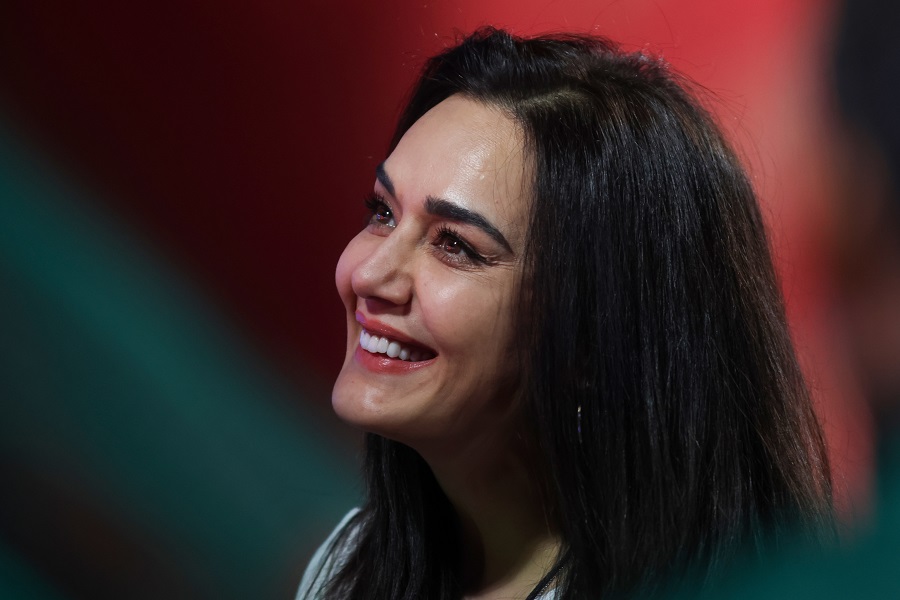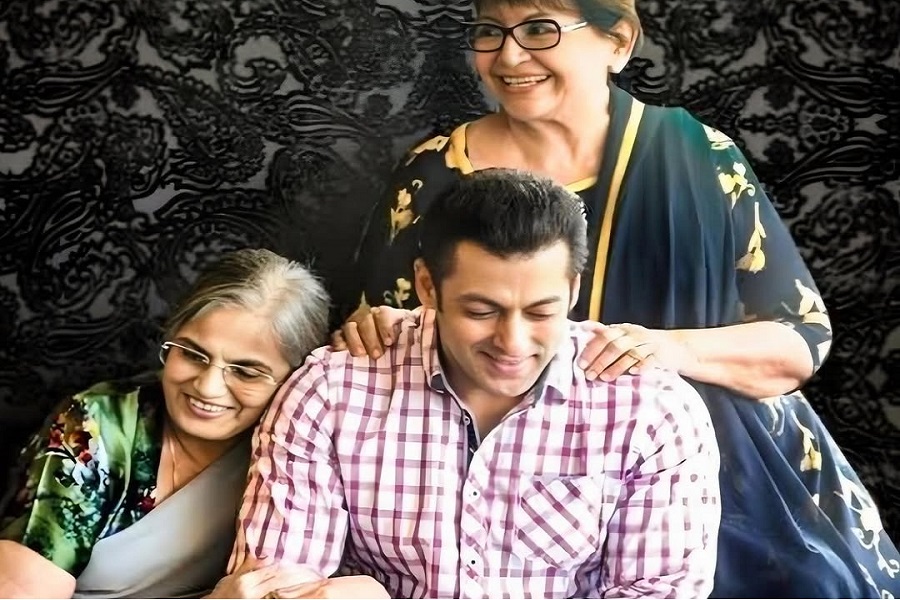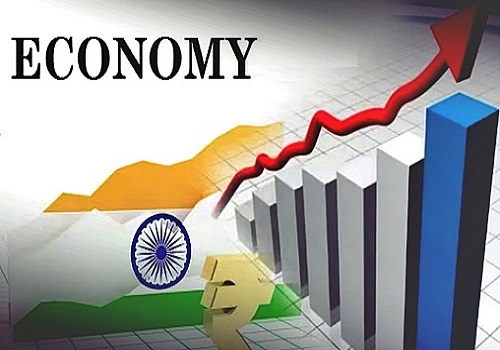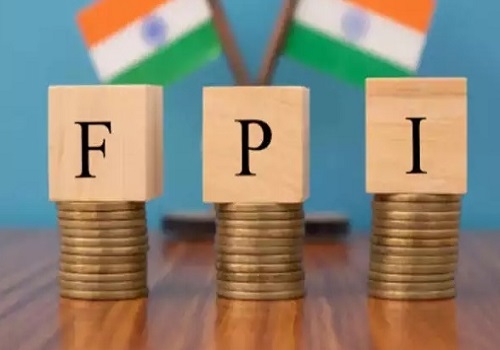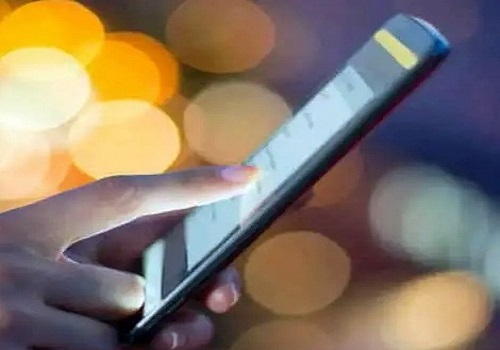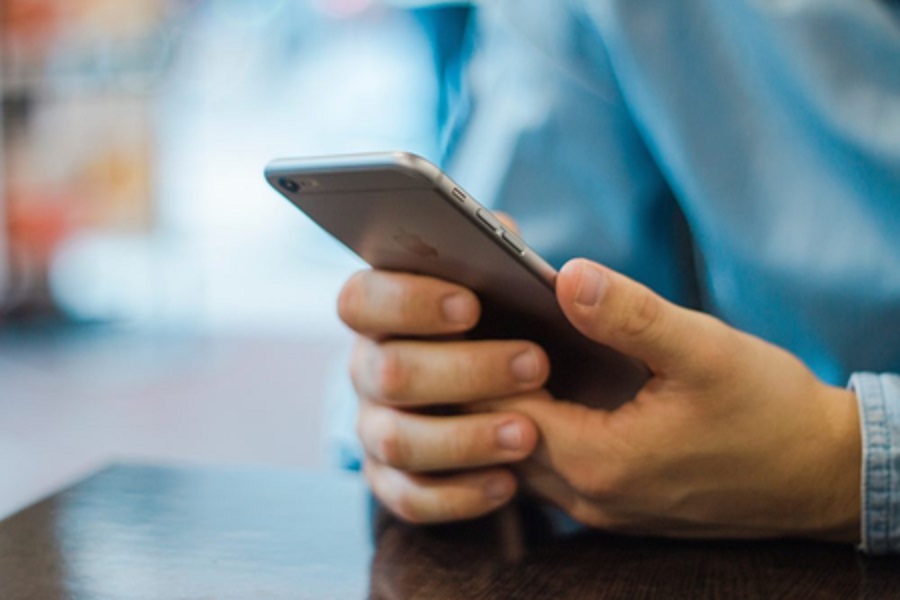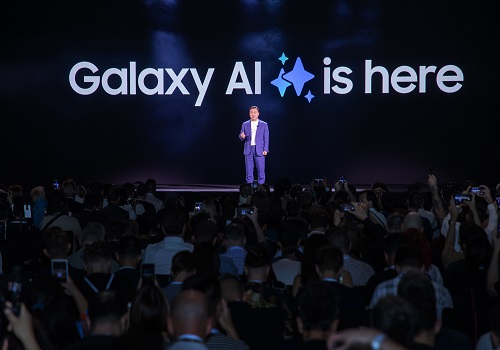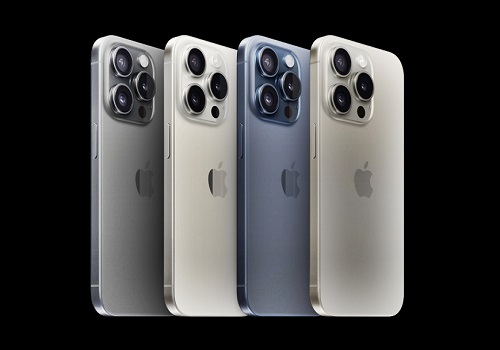iPhone owners keep devices longer than Android smartphone users
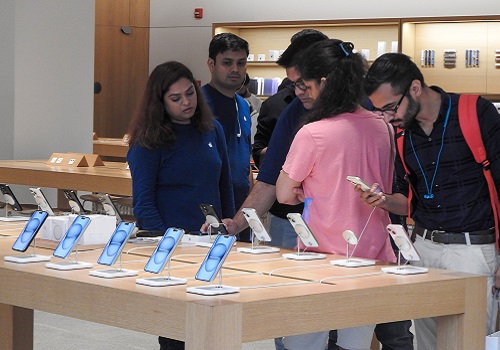
Apple iPhone users keep their devices for a longer period than Android smartphone users, for at least two years or more, a new report has revealed.
About 61 per cent of iPhone buyers kept their previous iPhone for two years or more in the US, compared to 43 per cent of Android owners.
Far more iPhone owners (29 per cent) owned their previous iPhone for three years or more than Android owners (21 per cent), according to data from Consumer Intelligence Research Partners.
Conversely, many fewer iPhone owners (10 per cent) owned their previous iPhone for a year or less, compared to almost a quarter of Android owners.
“The conventional wisdom is that iPhone owners are more affluent and more tech/fashion conscious, and Android owners are more budget conscious. In theory, that should make iPhone buyers more likely to upgrade more quickly, but that is not the case,” said the report.
For the most part, Android phones are less expensive, so Android owners may be more willing to retire a relatively new phone.
“iPhone models are upgraded once a year, so there is a single annual catalyst for buying a new phone. In contrast, across the Android market, Samsung, Google, Motorola, and several other brands each release new phones at least annually,” the report explained.
While there is brand loyalty within the Android market, there are more moments to consider upgrading.
“Maybe iPhones are more durable and reliable, so the user experience is better for a longer period. Or maybe some iPhone owners are easily satisfied, comfortable with their aging iPhones, and not that interested in the latest and greatest models,” the report mentioned.
Apple had a 16 per cent market share globally in the third quarter (Q3) this year, despite the limited availability of iPhone 15 series, which has been received well so far, according to Counterpoint Research.


